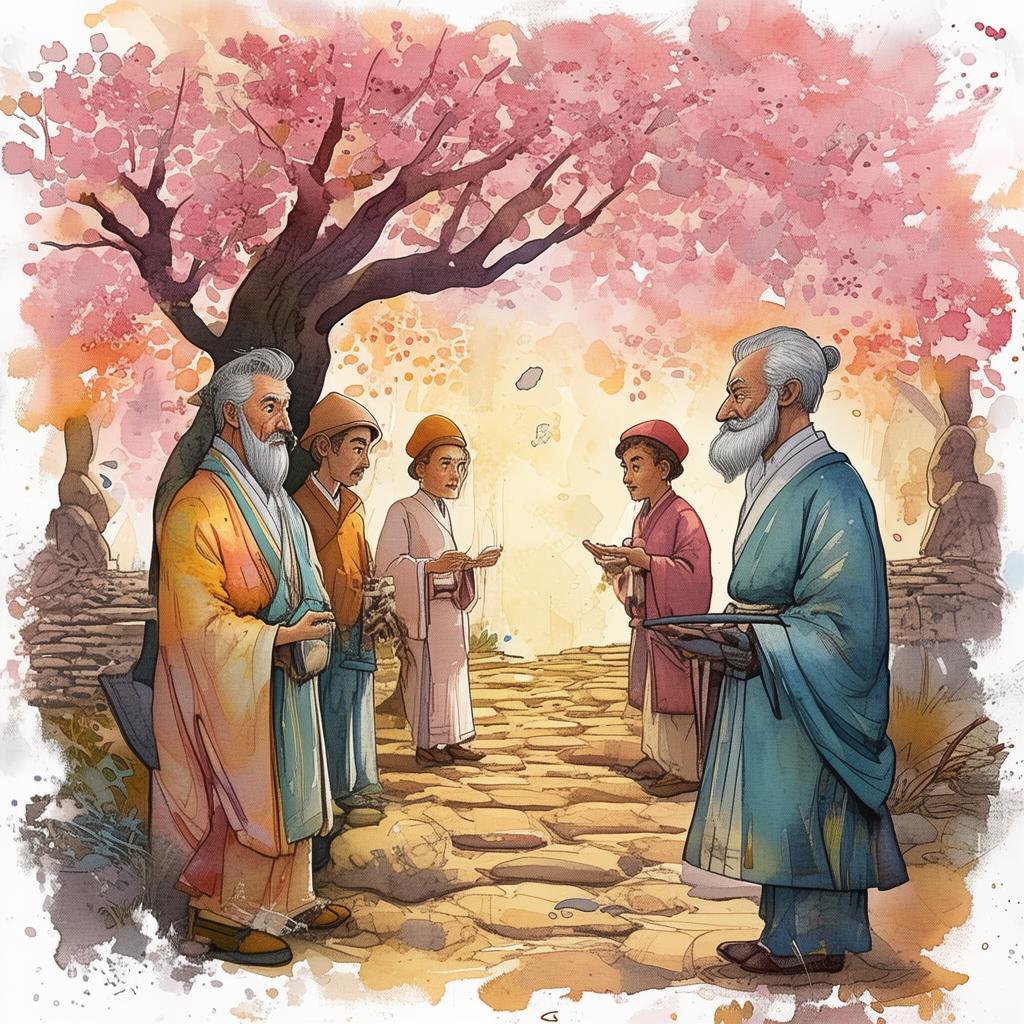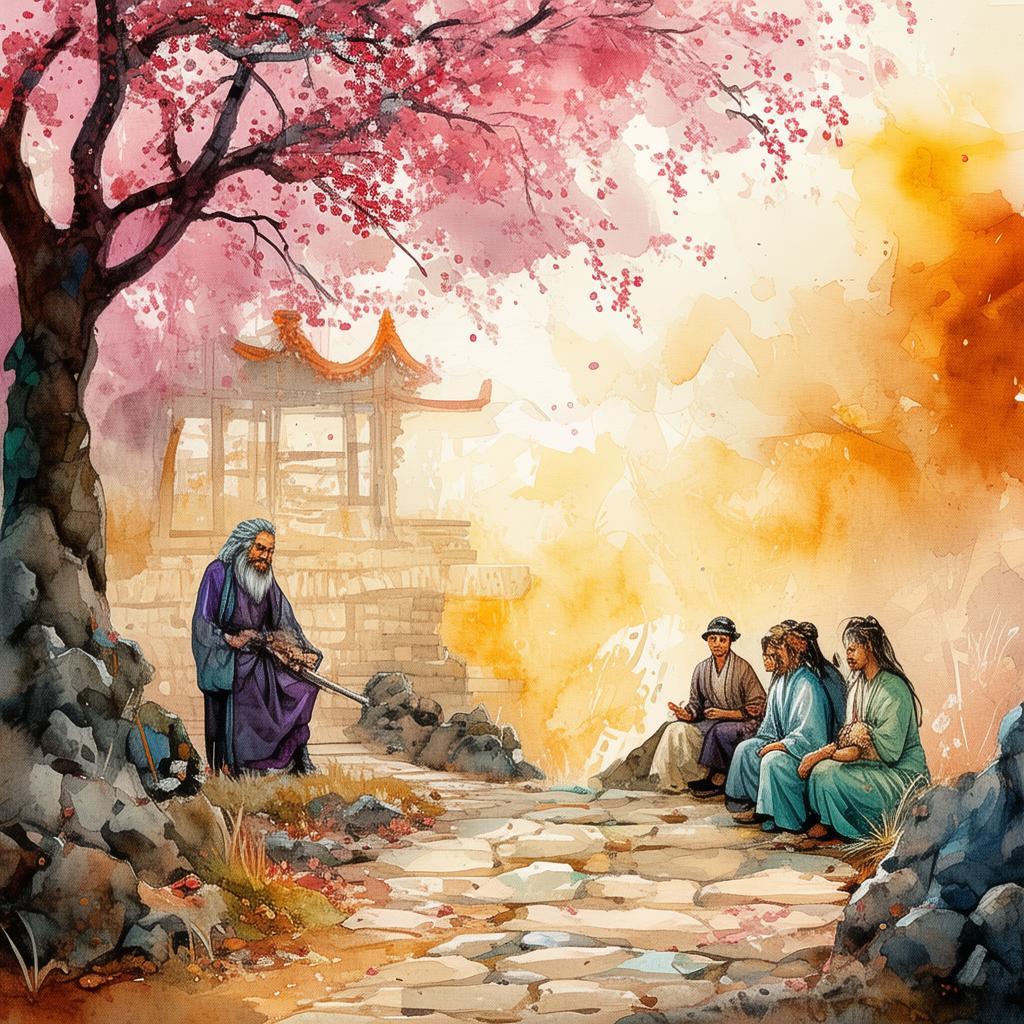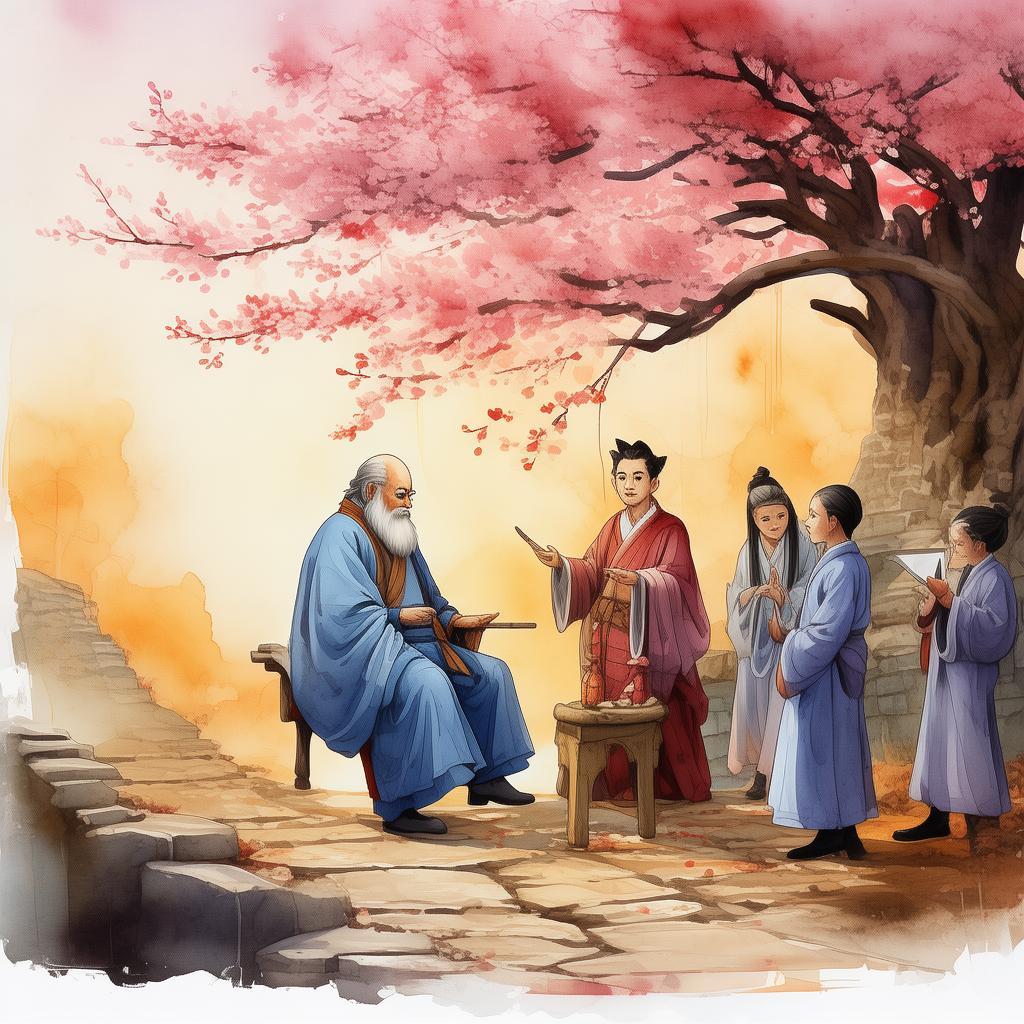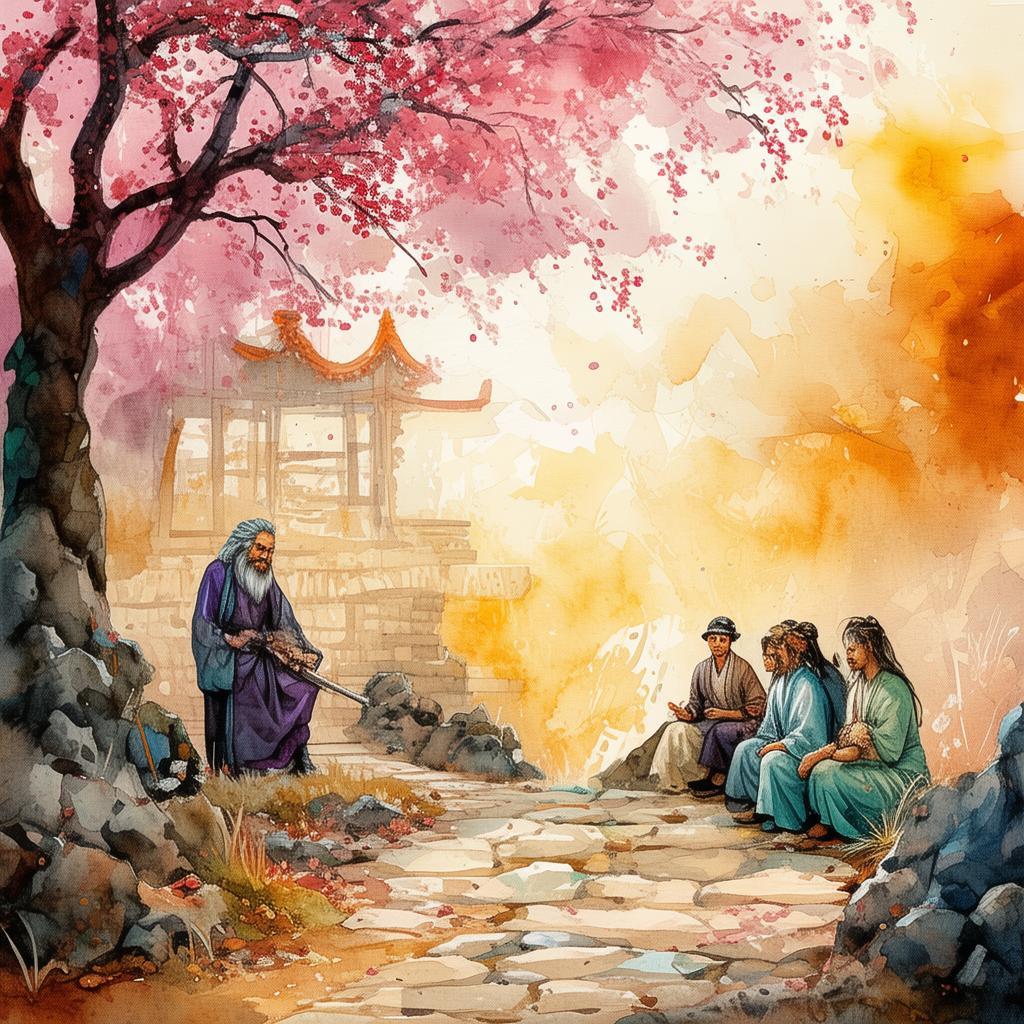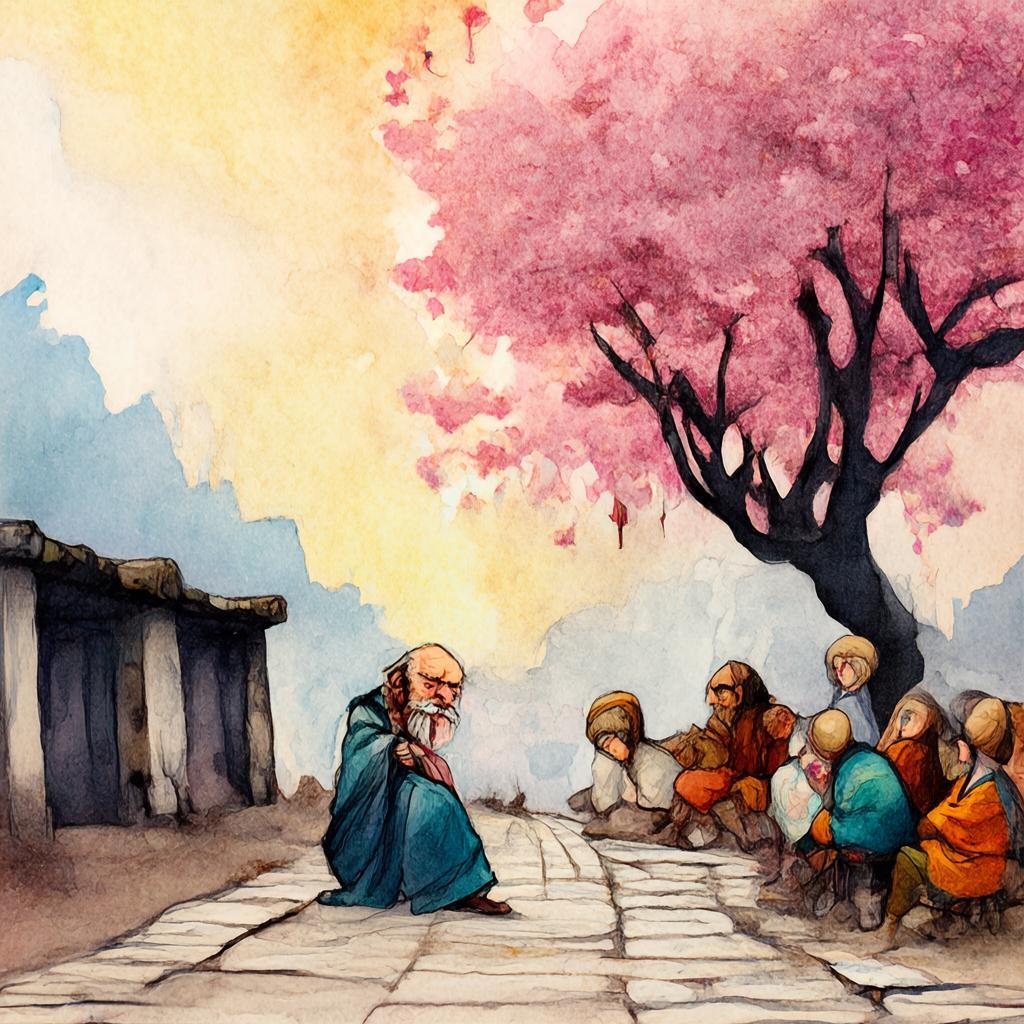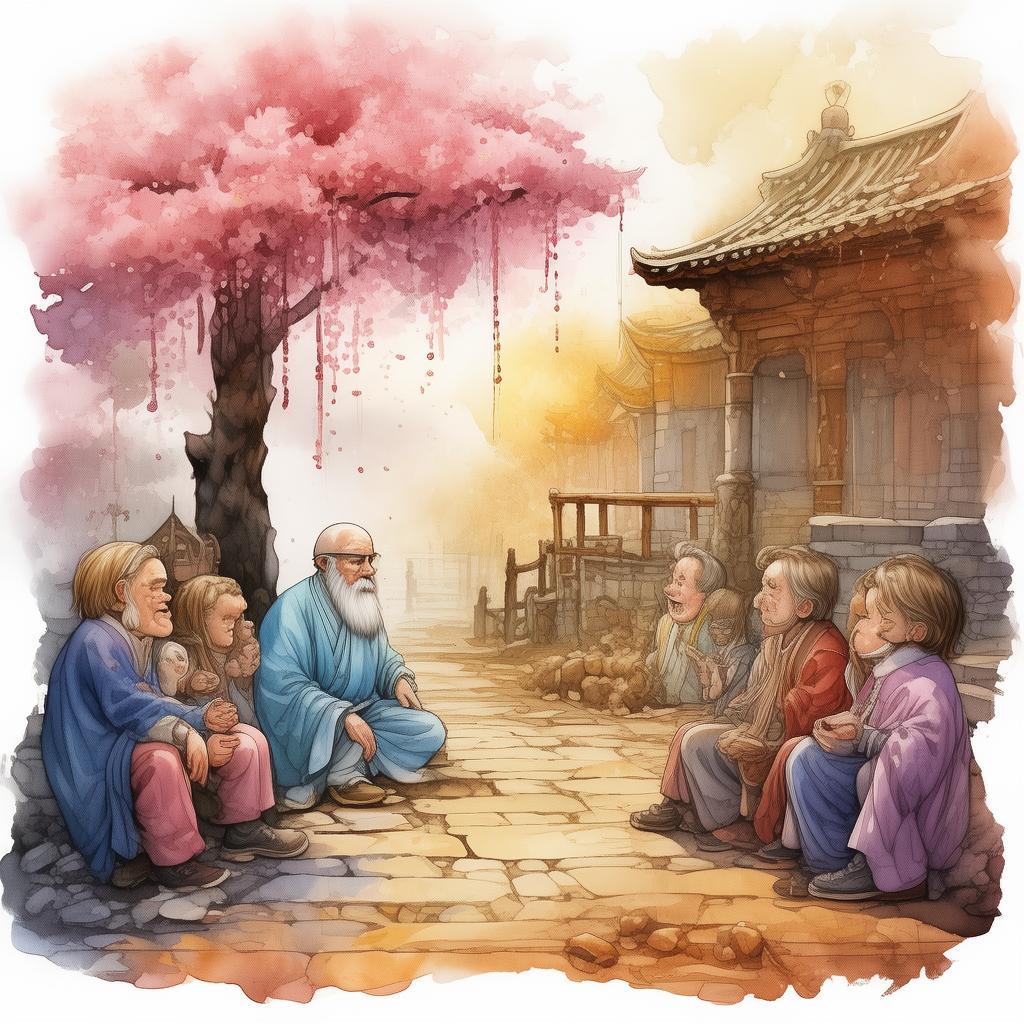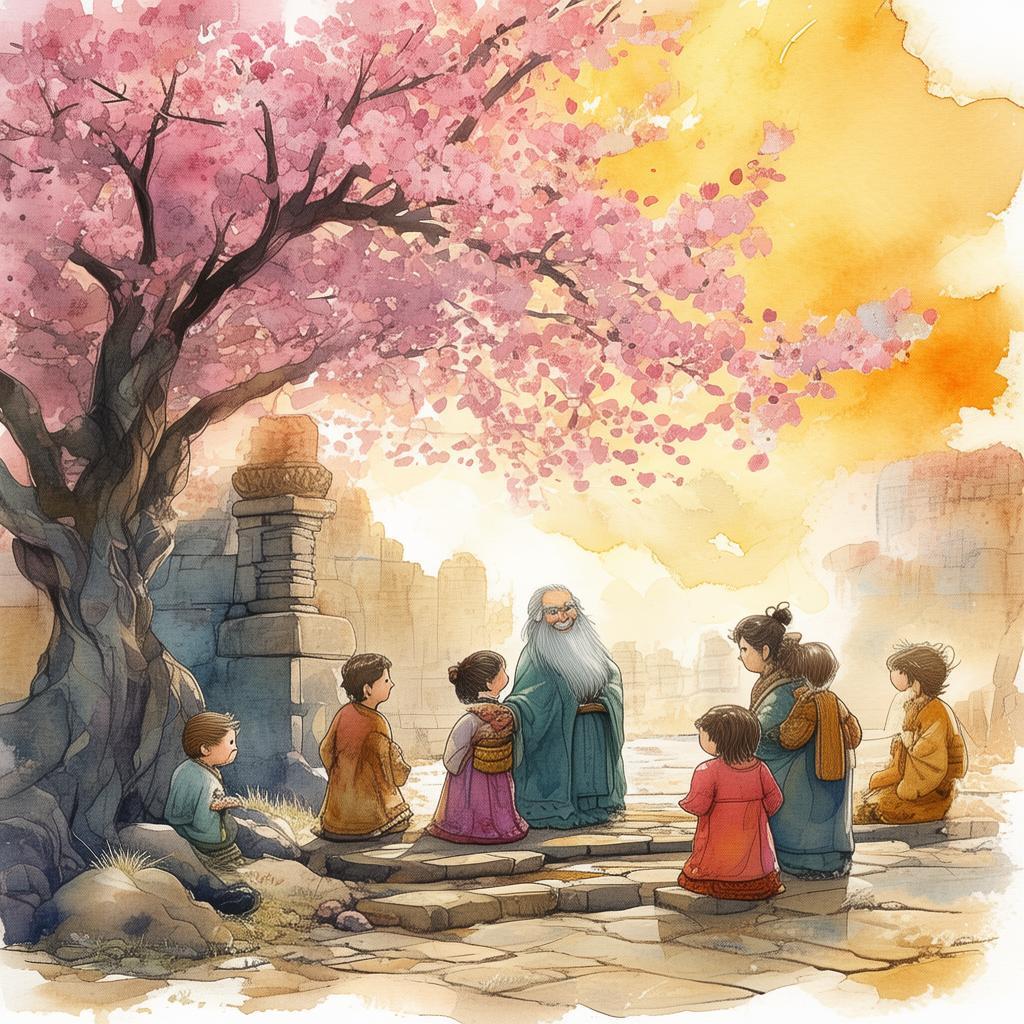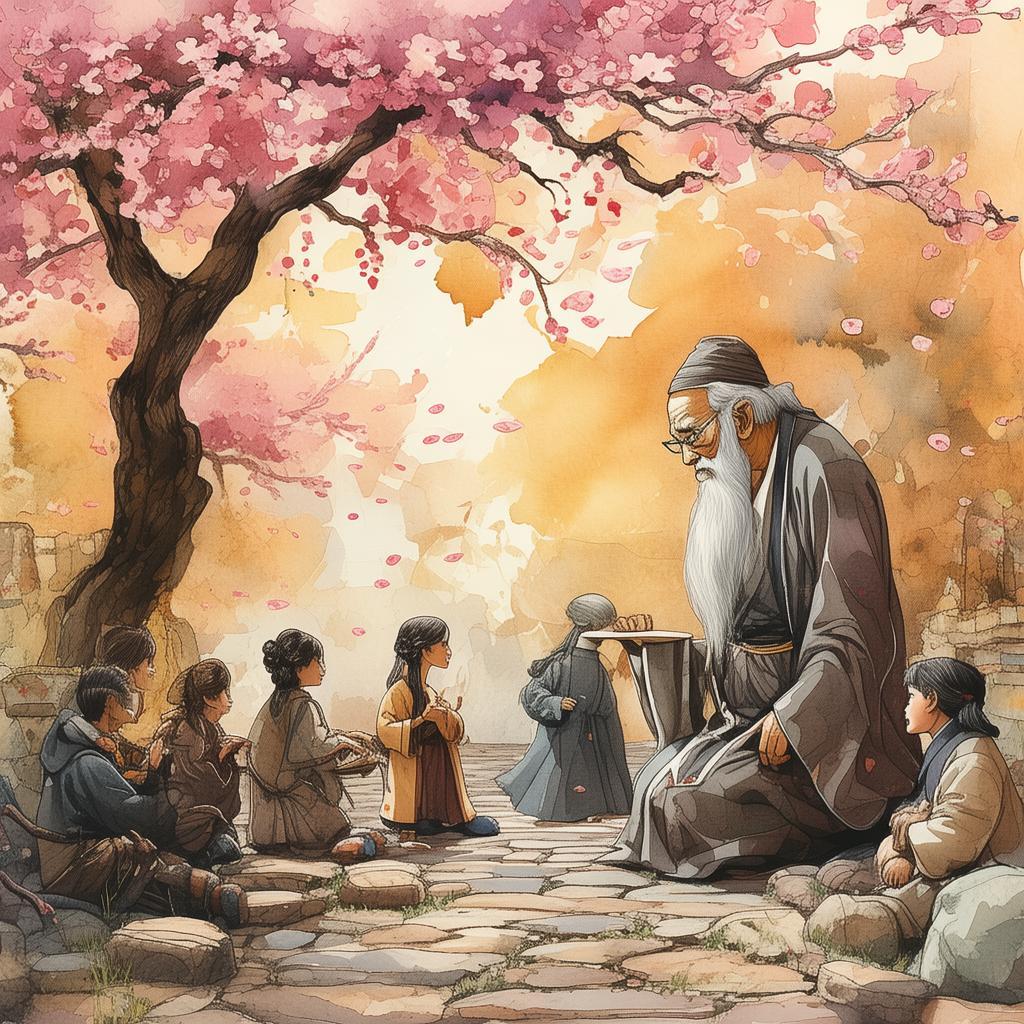The Secret Sauce of the Empress: A Tale of Loyalty and Flavors
In the bustling heart of the ancient Chinese capital, the air was thick with the scent of exotic spices and the sound of clinking chopsticks. It was here, amidst the opulence of the imperial palace, that Chef Liang found himself standing in the shadow of a grand throne. His hands trembled slightly as he presented a small, ornate box to the empress.
The empress, known as the Empress Jing, was a woman of great beauty and even greater appetite for power. She was said to have tasted the dishes of a thousand chefs, yet none had ever captured her heart—or her palate—like Liang had. The secret to his success lay not in the complexity of his recipes or the rarity of his ingredients, but in the simplicity of his approach and the depth of his loyalty.
The tale of Liang's journey to the empress's favor began in the humble kitchen of his family's tavern, where he was taught the art of cooking by his mother. From a young age, Liang showed a remarkable talent for understanding the subtle interplay of flavors, a skill that would later serve him well in the imperial kitchen.
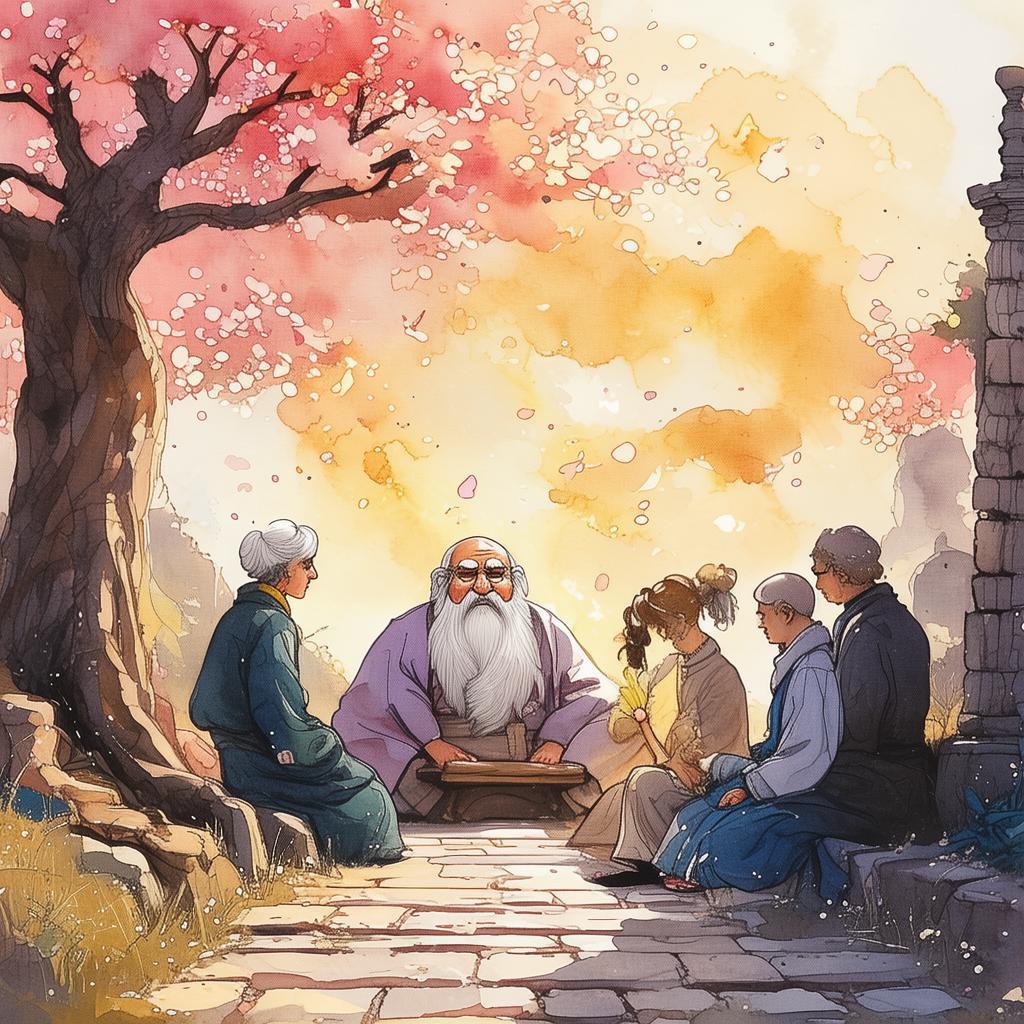
One fateful day, a visiting prince from a neighboring province happened upon the tavern. His eyes, accustomed to the grand feasts of the court, were dazzled by the simple yet exquisite dish that Liang had prepared—a steamed dumpling filled with pork and chives. The prince, enchanted by the dumpling's delicate balance of savory and sweet, asked for the recipe, and so Liang's name spread like wildfire through the royal circles.
It was not long before Liang found himself at the imperial palace, where he was greeted by the empress herself. The empress was a connoisseur of the palate, and she had heard tales of the chef whose dumpling could bring tears to the eyes of the most jaded of diners. She challenged Liang to create a dish that would not only satisfy her palate but also reflect her rule.
Liang pondered the empress's request for days on end, poring over ancient texts and experimenting with new ingredients. He knew that his dish had to be both a testament to his loyalty and a celebration of the empress's reign. It had to be something that would become a legend in its own right, a dish that would be spoken of for generations to come.
On the day of the presentation, the empress sat at the head of a long, ornate table, surrounded by courtiers and advisors. Liang approached the table with a bowl of his creation, its steam rising like a wisp of smoke from the empress's realm. The empress took a delicate bite, her eyes closing in pleasure.
"What is this dish?" she inquired, her voice laced with curiosity.
"It is called 'The Secret Sauce of the Empress,' Your Eminence," Liang replied with a bow.
The empress took another bite, her expression transforming from curiosity to wonder. She chewed slowly, savoring each flavor, each nuance. The dish was a harmonious blend of sweet, sour, spicy, and savory, a symphony of flavors that danced upon her tongue.
"I have never tasted anything like this," the empress declared. "It is a perfect reflection of my rule—complex yet harmonious, bold yet refined. You have captured the essence of my reign."
From that day on, Liang's name was synonymous with loyalty and culinary artistry. The empress became his patron, and he became her confidant, the chef who understood her tastes as well as her desires. Together, they created a dynasty that would be remembered for centuries, a dynasty whose legacy was etched not only in the annals of history but also in the hearts and palates of all who had the pleasure of dining under her reign.
As the years passed, Liang's recipes became the stuff of legend. Each dish was a story, a testament to the bond between chef and empress, a bond that transcended the realm of the kitchen and into the very essence of power. The Secret Sauce of the Empress became a symbol of loyalty and culinary mastery, a dish that would forever be associated with the empress's reign and the chef who had the courage and skill to create it.
And so, in the annals of the empire, the story of Chef Liang and the Empress Jing would be told, a tale of power, loyalty, and the enduring taste of flavor that forever shaped the destiny of a dynasty.
✨ Original Statement ✨
All articles published on this website (including but not limited to text, images, videos, and other content) are original or authorized for reposting and are protected by relevant laws. Without the explicit written permission of this website, no individual or organization may copy, modify, repost, or use the content for commercial purposes.
If you need to quote or cooperate, please contact this site for authorization. We reserve the right to pursue legal responsibility for any unauthorized use.
Hereby declared.
